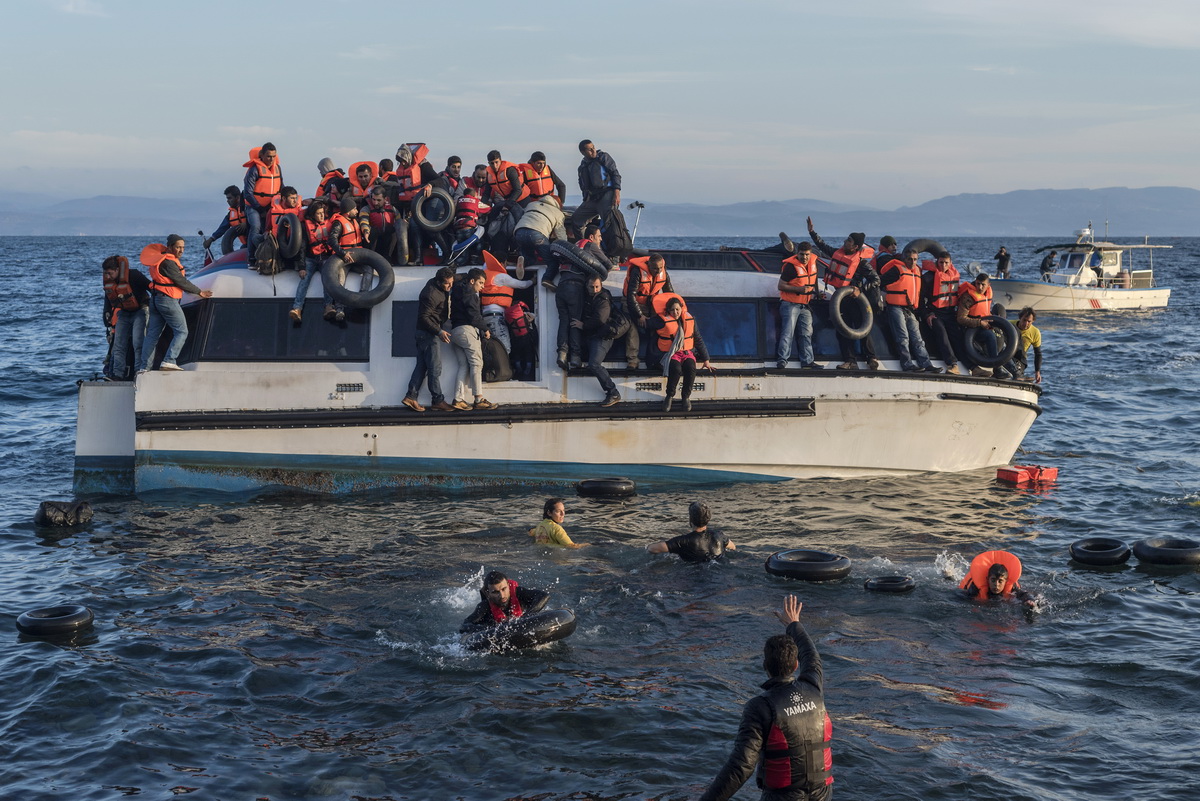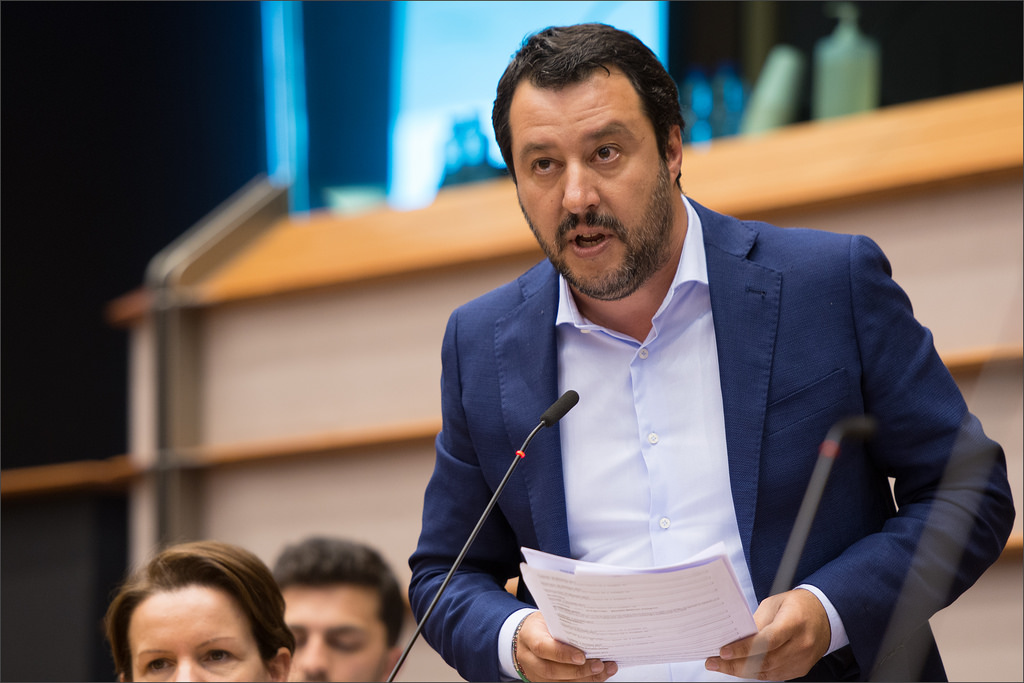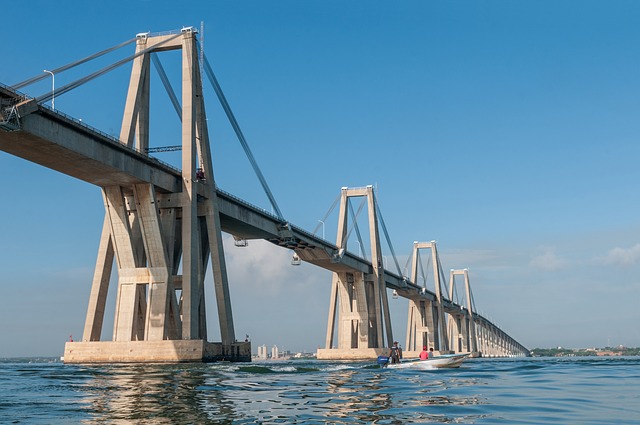POLITHEOR
European Policy Network
Op-ed
- Home
- Op-ed

The invisible people0
- Human Rights and Migration, Op-ed
- 04/12/2018
Usually when the question of how welcoming a country’s attitude towards refugees is raised, people look at the relation between proportion of accepted and rejected asylum seekers. But the destiny of those rejected is rarely featured in the mass media. What happens to them?
READ MORE
Migrants without protection = Humanitarian principles at risk0
- Human Rights and Migration, Op-ed
- 14/11/2018
In the last few years, tens of thousands of people have left their homes and crossed the Mediterranean Sea. The media is constantly publishing stories of drowning migrants and of the harsh conditions of detention centres in Southern Europe. At the same time, the attitude towards migration has hardened in many European countries. Countries like Italy, Austria and Hungary have shown that there is very little humanity left.
READ MORE
Pretending to care for migrants0
- Human Rights and Migration, Op-ed
- 02/11/2018
On August 20 the Italian ship U. Diciotti with approximately 190 refugees on board docked at the port of Catania, Sicily. Soon after, the Italian government refused to let people off the ship, under the orders of new interior minister Matteo Salvini. For five days the entire group was detained in the docked ship. Under pressure of international community, the passengers were finally allowed off the ship on August 26. A similar situation occurred in June 2018 with the vessel Aquarius, which has been refused access to ports in Italy and Malta in the end having gone to Spain.
READ MORE

The shady side of shadow banking monitoring0
- Financial Policy and International Markets, Op-ed
- 28/10/2018
In the post-crisis scenario, monitoring the interconnectedness of traditional and shadow banks has been a major focus of international supervisors. Despite much improvement, the tools put in place to monitor shadow banking activities might not suffice to shed a proper light on the risks we are running.
READ MORE
Escaping the Venezuelan nightmare0
- International Relations and Global Affairs, Op-ed
- 16/10/2018
Recent news from South America shows that there might be hope for Venezuelans fleeing their country as a response to the economic meltdown and political crisis. A joint agreement signed by eleven South American countries is a step towards dealing with the massive migration flow in the region. Millions of Venezuelans have fled their home country or are planning to do so. Sadly, this is only the beginning of a situation that could lead to a humanitarian crisis in Latin America.
READ MORE
The Nagoya Protocol: Please sign here, here and here before proceeding with your research0
- Environment and Energy, Op-ed
- 11/10/2018
The Nagoya Protocol is a novel legal instrument and it aims to enable fair access and benefit sharing of genetic resources, but to what cost? Its implementation creates serious impediments for progress in science.
READ MORE






